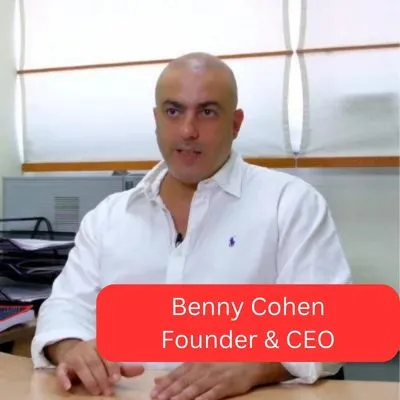
While we use many software QA examples, the principles taught apply to QA in various industries.


QA Methodology Course
This QA Methodology course is designed to equip you with the knowledge and skills necessary to implement effective quality assurance processes in software development and other industries. Quality Assurance is crucial for delivering high-quality products and services, and this course covers both traditional and modern QA approaches.
Key aspects of QA Methodology and our course include:By completing this QA Methodology course, you'll be well-prepared to implement and improve quality assurance processes in various organizational contexts.
Ch. 1
Quality Control
Ch. 2
Debugging
Ch. 3
Manual Testing
Ch. 4
Automation Testing
Ch. 5
Black-Box Testing
Ch. 6
White-Box Testing
Ch. 7
Grey-Box Testing
Ch. 8
Static tests
Ch. 9
Dynamic testing
Ch. 10
SDLC Models
Ch. 11
Waterfall Model design
Ch. 12
Spiral Model design
Ch. 13
Agile Model
Ch. 14
Functional Testing
Ch. 15
Unit Testing
Ch. 16
Integration Testing
Ch. 17
System Testing
Ch. 18
Acceptance Testing
Ch. 19
Stress Testing
Ch. 20
Testing documents
Ch. 21
STP – Software/System Test Plan
Ch. 22
STD – System/Software Test Description
Ch. 23
STR – System/Software Test Report
Ch. 24
ATP – Acceptance Test Plan

Benny Cohen
Embedded Academy Founder and CEO
As a long-time veteran in the technology industry, Benny Cohen combines a deep passion for technology with extensive field experience. With a B.Sc. in Electronics Engineering and an M.Sc. in Communication Engineering, he has spent over 20 years developing software and hardware systems, including the last few years focusing on the cybersecurity industry. In addition to his role as the company founder & CEO, Benny also operates as a hands-on practitioner who specializes in penetration testing and has conducted significant security assessments for leading enterprises and security companies worldwide. His approachable teaching style and real-world expertise make learning both engaging and relevant.
While we use many software QA examples, the principles taught apply to QA in various industries.
We introduce test automation concepts, but for in-depth automation training, consider our separate Test Automation course.
We dedicate a significant portion of the course to QA in Agile environments, including Scrum and DevOps practices.
While not specifically designed for any certification, the course covers topics relevant to ISTQB and other QA certifications.
We introduce various QA management and testing tools but focus on methodology rather than specific tool training.
We regularly update our content to reflect current industry trends and best practices in QA.
